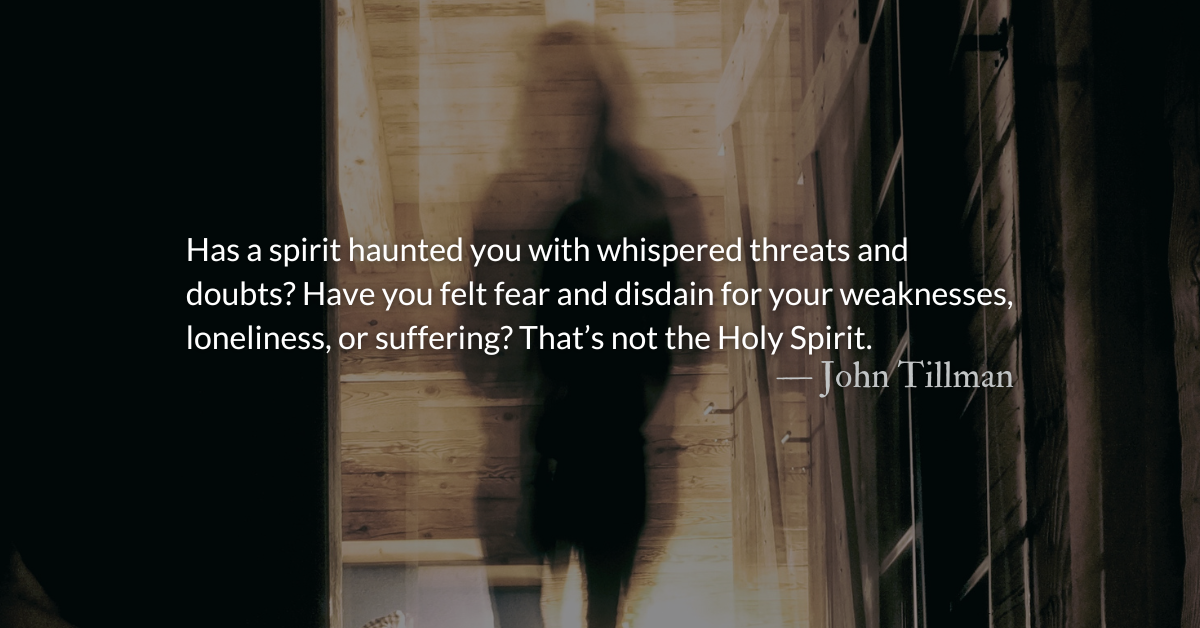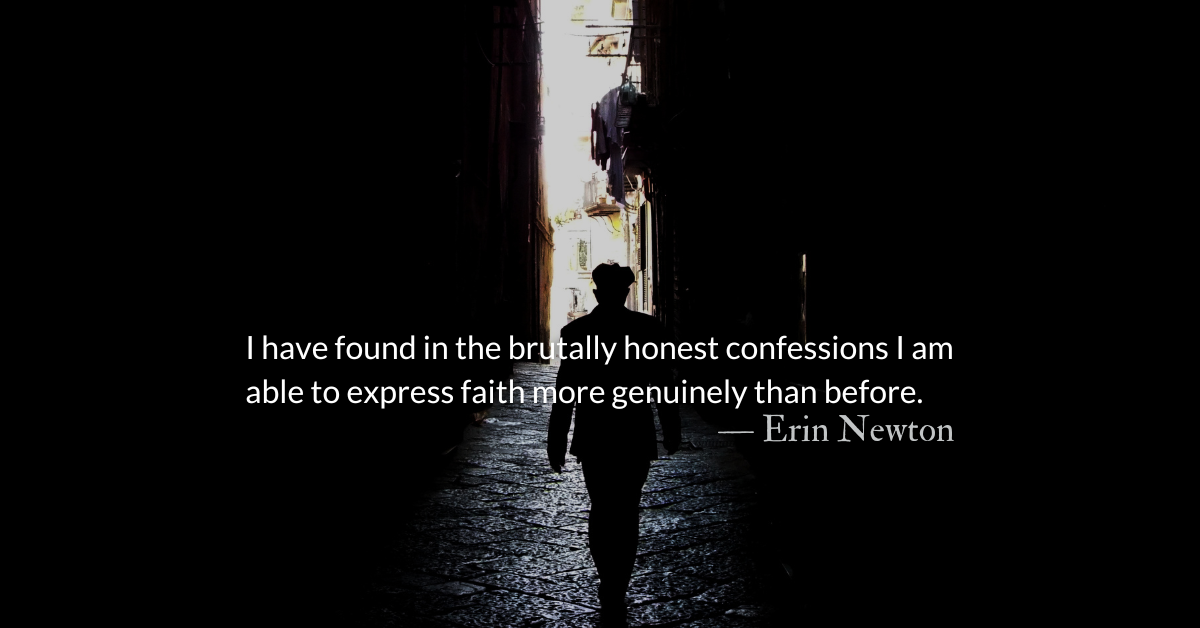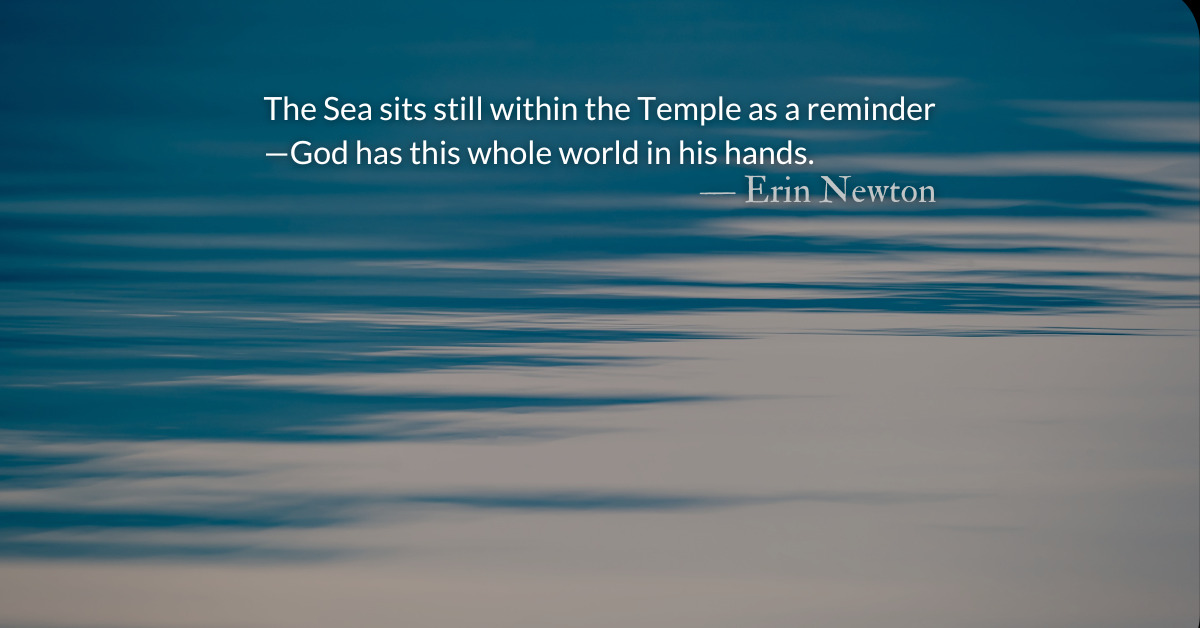Scripture Focus: Job 8.11-19
11 Can papyrus grow tall where there is no marsh?
Can reeds thrive without water?
12 While still growing and uncut,
they wither more quickly than grass.
13 Such is the destiny of all who forget God;
so perishes the hope of the godless.
14 What they trust in is fragile;
what they rely on is a spider’s web.
15 They lean on the web, but it gives way;
they cling to it, but it does not hold.
16 They are like a well-watered plant in the sunshine,
spreading its shoots over the garden;
17 it entwines its roots around a pile of rocks
and looks for a place among the stones.
18 But when it is torn from its spot,
that place disowns it and says, ‘I never saw you.’
19 Surely its life withers away,
and from the soil other plants grow.
Reflection: Principles, Promises, and Presence
By John Tillman
The problem with Job’s friends is not the content but the application. Much of what they say is wise and true.
Bildad’s chapter eight speech is an example. It’s true that plants can’t thrive without water, and we can’t thrive without God. It’s true that trusting in the things our culture prizes is like expecting a spider’s web to save you from a fall. It’s true that plants with shallow roots in rocky ground don’t survive hardship, and when our faith is shallow, it is easily uprooted. We can find similar statements in Proverbs, Psalms, the prophets, and in Jesus’ teachings. The concepts are sound, but the wisdom is misapplied to try to “fix” Job through shame and blame.
Job’s friends interpret words of wisdom as universally true conditional promises. Then, they accuse Job of breaking the conditions. “The reason these aren’t true for you, Job, is you fail to satisfy the conditions of the promise.” They act as if fixing Job’s faith will fix everything.
Words of wisdom are not promises or prophecies. They are principles. When we misinterpret principles as promises, disappointment and disillusionment are inevitable. When we quote principles as promises to those in suffering, intending to cheer them up or “fix” their faith, we damage what we want to strengthen. Fixing their faith, even if we can, rarely fixes everything.
Those harmed in this way can develop an adverse reaction to the Bible itself. We can understand why. They see it as a hurtful bludgeon instead of a healing balm. You may know someone like this or have experienced this yourself. Quoting more verses can’t easily fix this, even if properly applied. It is unhelpful to sing “songs to a heavy heart.” (Proverbs 25.18-20)
Helping friends in suffering like Job’s is harder than quoting the perfect proverbs or Bible verses to teach them a lesson. Before leaning on rhetoric, rest in God’s presence. Awareness of God’s presence with us is more comforting than promises for the future and more corrective than lectures about our past. God’s presence is a power we bring to bear without teaching a lesson or even saying a word.
To the hurting, your presence (and the presence of God you bring) is better than a promise, even if the promise is true. Love must come before lessons and preparing the soil before sowing a seed.
Divine Hours Prayer: The Request for Presence
Protect me, O God, for I take refuge in you; I have said to the Lord, “You are my Lord, my good above all other.” — Psalm 16.1
– From The Divine Hours: Prayers for Summertime by Phyllis Tickle.
Today’s Readings
Job 8 (Listen 2.06)
John 8 (Listen 7:33)
Read more about Unhurried Wisdom
If we are not presently in Job’s position, we are one of the friends. The world around us is constantly suffering…
Read The Bible With Us
Share this subscription link with friends, family, or your community of faith. Find joy reflecting on God’s Word!











